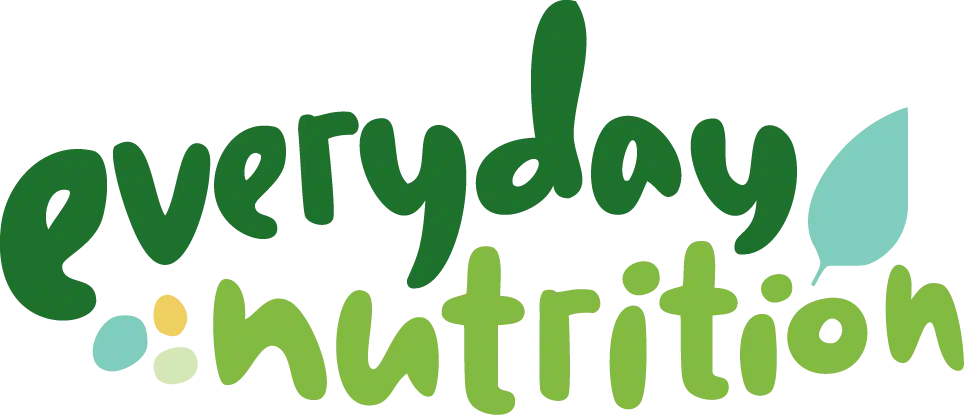“I’m still hot… it just comes in flushes now.” – Unknown
Let’s be honest, although Menopause is a natural transition, it can feel anything but natural when you’re dealing with hot flushes, brain fog, mood swings, weight changes and sleep disturbances. While this phase of life comes with challenges, the good news is that what you eat can support your hormones, bones and overall well-being, helping you feel your best through perimenopause, menopause and beyond. Whether you are using MHT or not, small dietary tweaks can make a big difference.
We’ve covered the basics and treatment options in Part 1: Menopause 101, if you haven’t read this yet, head over and read it here.
A decline in oestrogen affects not only your mood but also gut health, muscle mass, and bone density. By eating the right foods, you can counterbalance these effects. In this post, we’ll dive into the best foods to include in your menopause-friendly diet and simple, practical ways to nourish your body through this transition.
Gut Health and Menopause
Your gut microbiome plays a critical role in digestion, metabolism, and immune function. As oestrogen levels dip, the balance of bacteria in your gut may shift, leading to bowel issues, inflammation and changes in metabolism.
One of the best ways to support gut health during menopause is by eating plenty of plant-based foods and prebiotic fibres. Prebiotics are like the fertiliser for your gut microbiome, they feed your good gut bugs and keep them healthy. Some great sources of prebiotics include garlic, onions, leeks, asparagus, whole grains, and legumes.
Incorporating a variety of plant-based foods can promote a diverse and healthy gut microbiome, essential for overall well-being. We suggest aiming for 30 or more different plant foods per week including fruit, vegetables, nuts, seeds, legumes, grains, herbs and spices.

Protein and Lean Muscle
As we age, we naturally begin to lose lean muscle. This can lead to a slower metabolism, reduced strength, and eventually a loss of independence. To combat this, eating sufficient protein and engaging in strength exercises is crucial.
Make sure to include a high-protein food at each meal. Excellent sources include:
- Plant-based: Lentils, chickpeas, tofu, quinoa, nuts, and seeds
- Animal-based: Oily fish (salmon, sardines, mackerel), eggs, and dairy

Calcium and Bone Density
Oestrogen plays an important role in bone health, and as levels decrease, so does the body’s ability to absorb and retain calcium. In fact, approximately 1 in 3 women will experience a fracture due to osteoporosis in their later years. It’s essential to consume enough calcium and maintain adequate vitamin D levels to support bone density and prevent osteoporosis.
Good sources of calcium include dairy products (milk, yogurt, cheese), fortified plant milks, and canned fish with bones (like salmon and sardines). Women over 50 should aim for around 1300 mg of calcium per day, which is roughly equivalent to 4 servings of calcium-rich foods.
Vitamin D helps the body absorb calcium, so be sure to monitor your vitamin D levels and supplement if needed.

The Mediterranean Diet: A Menopause-Friendly Approach
The Mediterranean diet is ideal during menopause, thanks to its emphasis on plant-based foods, healthy fats, and lean proteins. It also helps lower inflammation and reduce the risk of chronic diseases.
Key features of the Mediterranean diet include:
- A variety of plant foods
- Healthy fats from olive oil, nuts, and seeds
- Whole grains and legumes
- Protein from oily fish, poultry, and dairy
To integrate Mediterranean principles into your diet:
- Start your day with a fibre rich breakfast (think oats with nuts and berries).
- Add protein to every meal (e.g. chickpeas in salads, tofu in a stir fry or tuna in a sandwich)
- Use olive oil as your main fat source for cooking, drizzling and dipping.
- Fill half your plate with colourful, fibre rich vegetables.
- Enjoy meals mindfully, savour every bite and connect with loved ones

Conclusion
As the saying goes, “I’m still hot, it just comes in flushes now”. While it’s easy to laugh at the unpredictability of this phase, it’s important to remember the power you have in managing these changes. With the right foods and mindset, menopause doesn’t have to be an uphill battle.
Menopause might be a rough ride at times, but with the right tools in your nutrition toolbox, you can nourish your body and even thrive. Embrace these changes with confidence, knowing that you’ve got the power to make this transition as smooth as possible.
Ready to create a nutrition plan tailored to your needs? Book an appointment with Joanna today, and let’s work together to optimise your health during this stage of life.







